Biden and Xi sit down for high-stakes meeting ahead of G20 summit amid strained ties
US President Joe Biden and his Chinese counterpart Xi Jinping on Monday held their first in-person meeting as presidents ahead of the Group of 20 (G20) Summit in Bali, amid strained ties over a range of issues from Taiwan to Russia’s military operation in Ukraine.
“I’m committed to keep lines of communication open between you and me personally, but our governments across the board, because our two countries have so much that we have the opportunity to deal with,” said Biden in opening remarks on Monday.
“As the leaders of our two nations where share responsibility in my view to show that China and the US can manage our differences, prevent competition from becoming anything even near conflict and find ways to work together on urgent, global issues that require our mutual cooperation,” the US president added.
The Chinese president for his parts said “As leaders of the two major countries we need to chart the right course for the US-China relationship. We need to find the right direction for the bilateral relationship going forward and elevate the relationship.”
"The world expects that China and the United States will properly handle the relationship. Our meeting has attracted the world’s attention, so we need to work with all countries to bring more hope to world peace, greater confidence to global stability, and strong impetus to common development," the Chinese leader added.
On the eve of his meeting with Xi, Biden told Asian leaders in Cambodia that lines of communication with China would remain open to prevent conflict but that the talks were expected to be tough.
Biden told reporters that he had “always had straightforward discussions” with Xi, and that has prevented either of them from “miscalculations” of their intentions.
This is the first time the two leaders meet face-to-face since Biden assumed the US presidency last year. The meeting takes place at a crucial time for both leaders. Xi is heading into the meeting as the strongest Chinese leader in past decades, having further consolidated his power at last month’s Communist Party Congress.
Biden, however, arrived in Asia following a better-than-expected performance by the Democratic Party in the US midterm elections – with his party projected to keep the Senate in a major victory.
Asked Sunday whether the results allowed him to go into Monday’s face-to-face with a stronger hand, Biden voiced confidence. “I know I’m coming in stronger,” he told reporters.
Read More:
In the meantime, a senior White House official said on Thursday that Biden wanted to use the chance to talk face-to-face with Xi to "build a floor" for the Sino-US relationship - in other words, to prevent it from free-falling into open conflict.
"Since many communication channels have been canceled and cut off after the extreme provocation of Nancy Pelosi's visit to Taiwan island, Biden might ask China to reopen these channels, but China won't deliver what he wants easily, because this depends on how the US acts in fulfilling its promises about the one-China principle and opposition toward Taiwan secessionism," Jin Canrong, associate dean of the School of International Studies at the Renmin University of China, said on Sunday.
Read More:
Media reports on the two leaders' meeting also cite some observers as saying that Biden could also ask Xi to offer more cooperation on issues like the Ukraine conflict and the Korean crisis, as well as climate change.
However, there is little optimism among observers, and expectations for the meeting are low as the two sides remain locked in world power rivalry and trade competition.
The two western and eastern powerhouses currently disagree with each other on just about every major issue, from human rights, Chinese Taipei (Taiwan), the Ukraine conflict, North Korea, and the transfer of technology to the shape and naming of the map.
VIDEO | Paris march in support of Palestine women
VIDEO | ICC issues arrest warrants for Israeli prime minister, ousted regime war minister
120 Palestinians perish as Israeli war machine keeps ravaging Gaza
VIDEO | Struggles of Palestinian women amidst war, displacement
VIDEO | Hezbollah rains attack drones down on elite Israeli brigade
VIDEO | US biased mediation fails
Leader: All captains of criminal, Zionist, terrorist gang must be prosecuted
Iran further raises its oil prices for Chinese buyers: Report


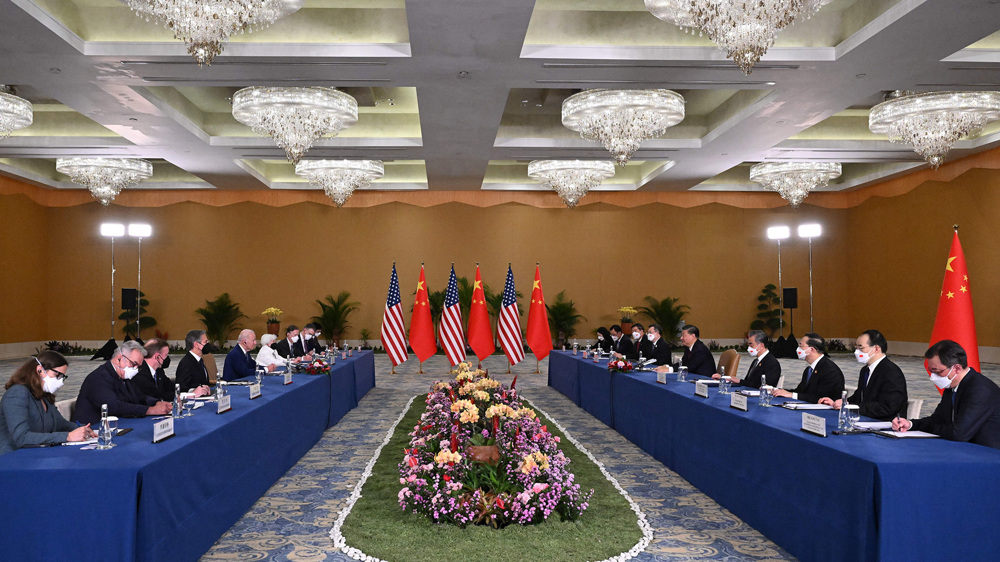

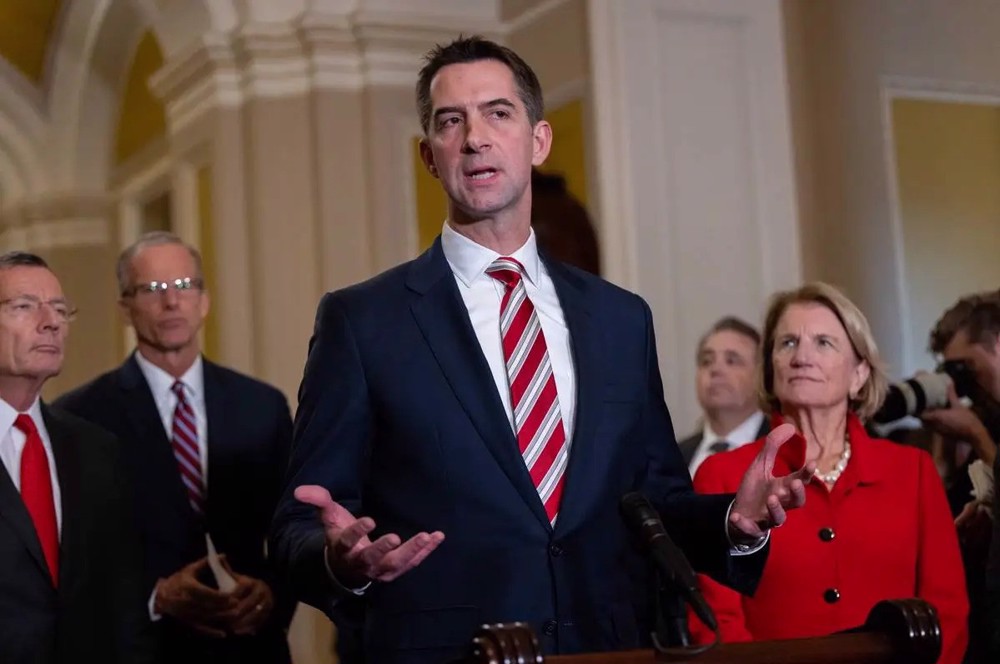




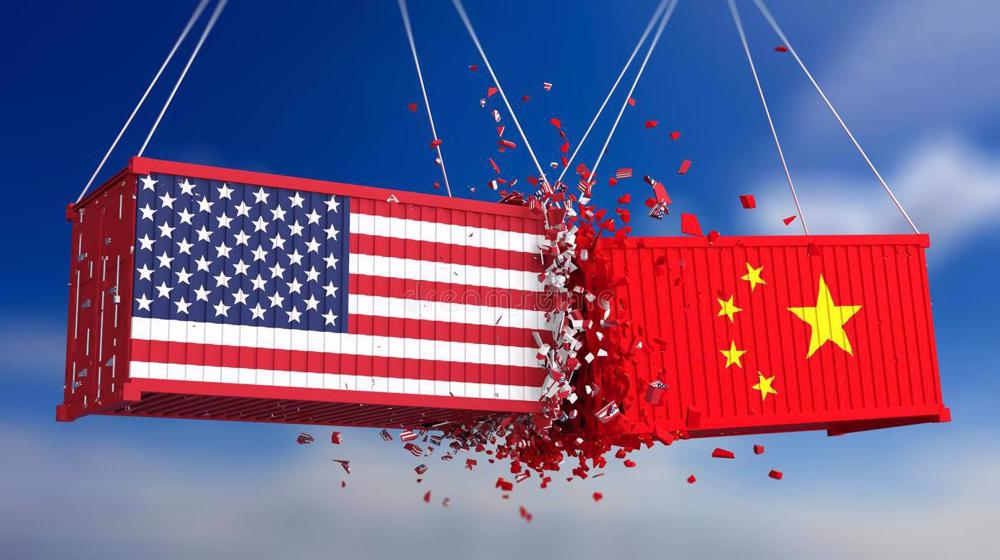
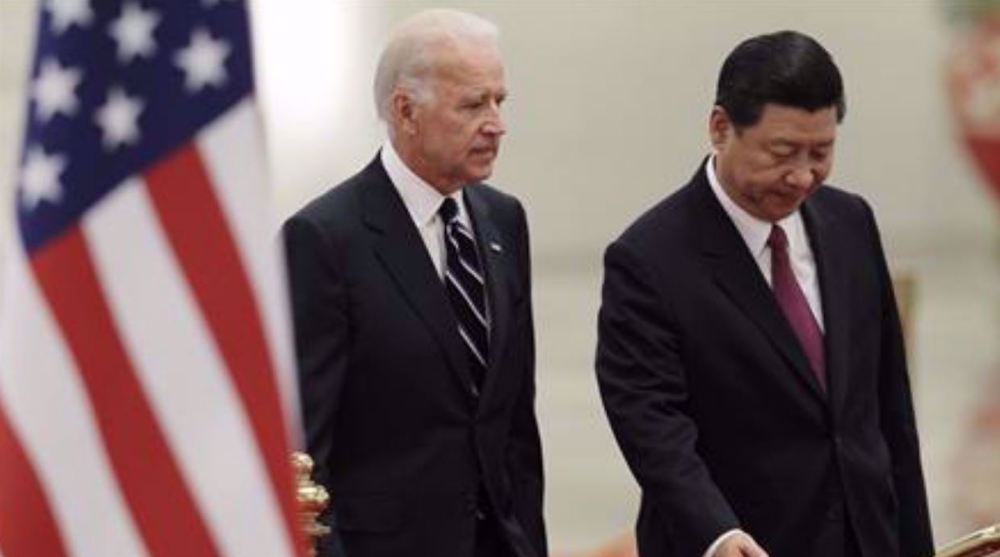
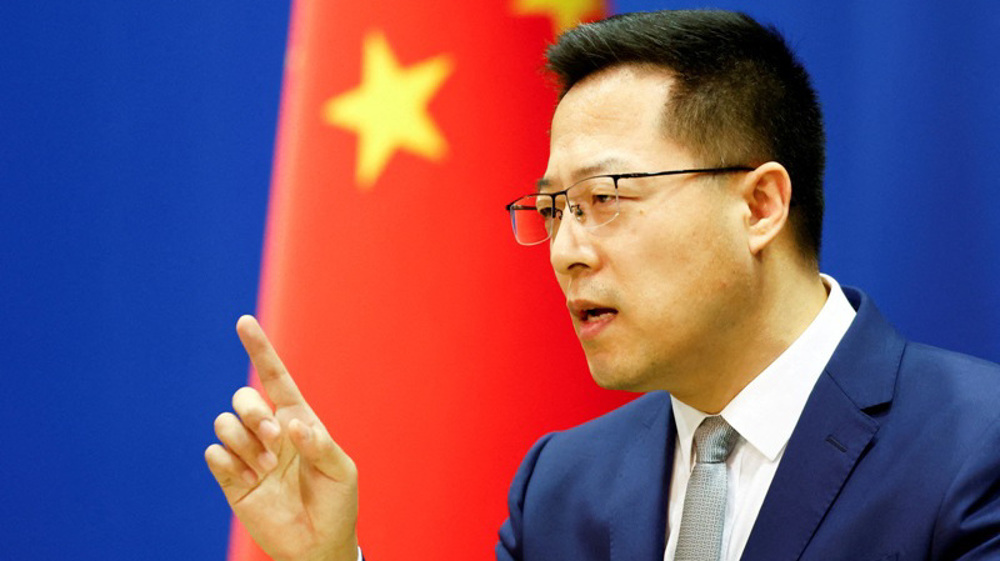
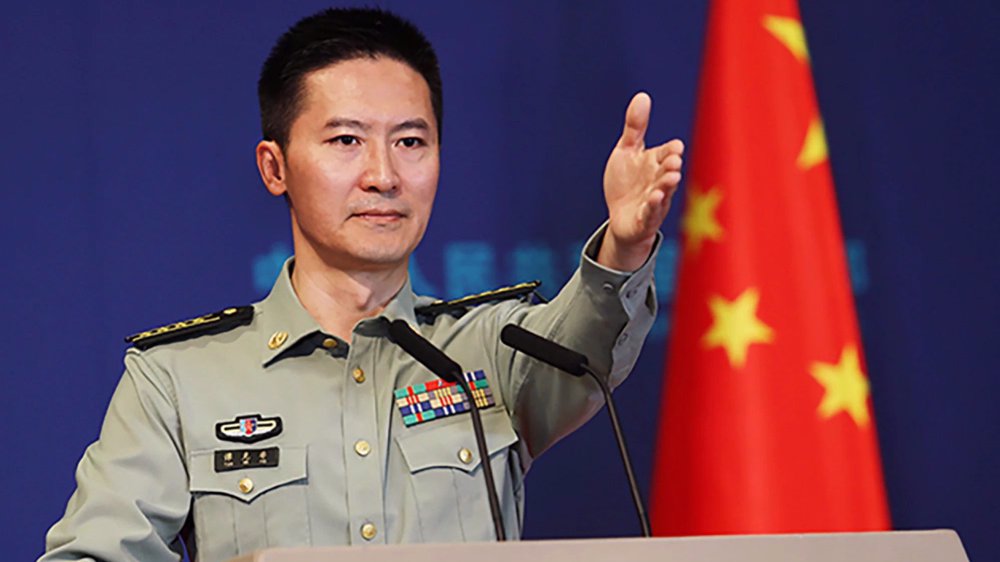
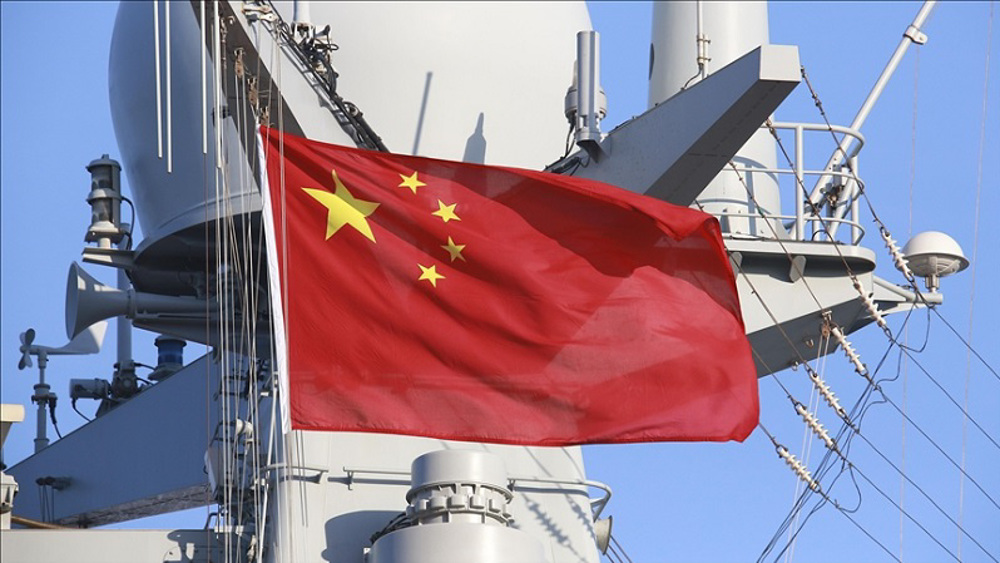

 This makes it easy to access the Press TV website
This makes it easy to access the Press TV website